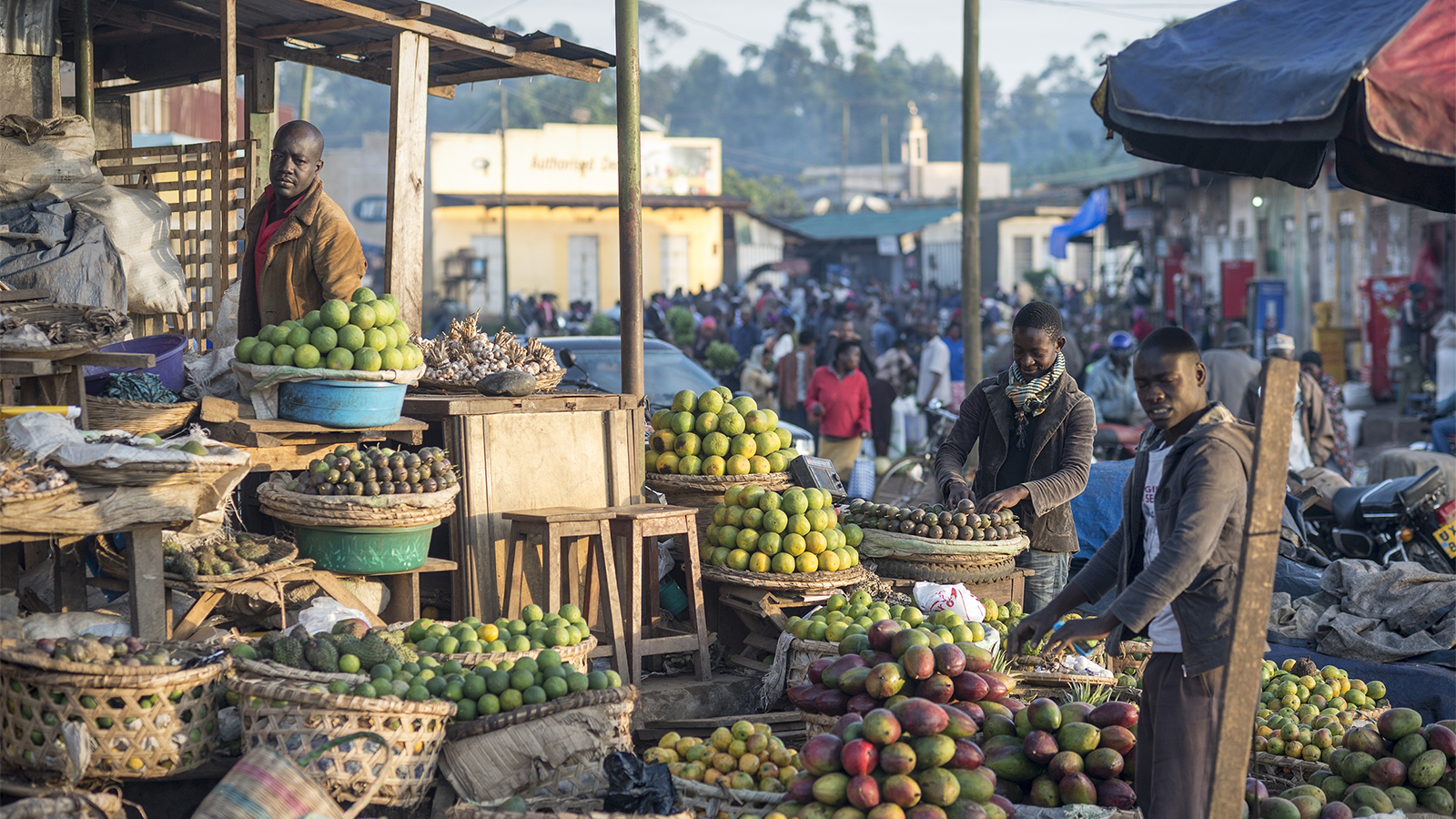This year’s theme for the World Food Day comes at an opportune time signaling the need to act if we are to achieve our Zero Hunger World by 2030. In Zambia, we can clearly affirm that so many actions are being taken to accomplish this, but the question is: Is everybody on board? Are all concerned stakeholders aware of what we seek to achieve and what role they play. Are all stakeholders invited to the table of discussion to voice their opinions and concerns and explore how to collectively reach this goal? More than being found at the discussion table are all contributions valued and how do the power dynamics on the discussion table affect our ability to deliver what we want? This is very important because overlooking any of the stakeholders may hinder our ability to reach the target. Thus, until we recognize that we all bring something different and of value, our goals will remain aspirations and will not be achieved.
Let’s explore the role that the informal food sector plays in contributing to food security and nutrition. At face value, the informal food sector players are looked down upon and demonized. For example, at the end of last year and beginning of 2018, we experienced one of the worst Cholera outbreaks and at the center of this crisis was street vending (mostly food sellers) as the transmitters of the bacteria that caused the outbreak. True as this may be, responsible authorities need to take cognizance of the important role that is played by this sector and create an enabling environment for it to operate. Statistics for Lusaka show that 70% or more people source their food from the informal food sector. Thus, we cannot disregard that this is a very important source of food for majority of the city population and until we find ways of making it work, we will continually face problems such as we did in the early part of this year.
Perhaps we need to pay attention to some of the major reasons why the informal food sector plays an important role in food supply and nutrition. At the core of its usefulness is its ability to provide an affordable source of food not just for the urban poor but also the middle income group whose savings from food expenditure is often directed to other expenditure or kept as savings. Affordability is mostly a result of the sectors ability to sell in small quantities and its limited scrutiny of its products such that products that do not meet the supermarket standards can still sell in the informal market thereby reducing food loss and sellable at lower prices. Also, informal food sellers usually source their produce from small scale farmers whose retail prices are usually lower than the commercial prices thereby allowing commodities to be sold at lower prices to the consumer. The informal food sector thus supports small and medium scale farmers who fall short of the standards required by supermarkets and therefore supports the local economy. Besides the support that it offers to the development of the local economy, the informal food sector is also a very important source of income (livelihood) for the urban poor that enables them to afford meals and other basic needs especially because there is high unemployment. The sector also offers traditional fruits and vegetables that are rarely found on the shelves of supermarkets despite their nutrition content.
Despite these unique services provided by the sector, informal food sector players receive little support from authorities and they have been struggling for recognition not just to be given space to speak but to receive the services they deserve that will support better provision of the services they offer as well as influence policy that affects them. This is a daunting task for authorities as the modalities of intervention are often obscure due to the nature of the informal sector and somewhat due to the mistrust that exists between the sector and the authorities. There is need for more information sharing between authorities and the sector players in order to collectively move towards a common goal. There is also need for increasing the uptake of already generated information and research related to how the informal sector can be incorporated and supported to enhance their participation. Until stakeholders such as the informal food sector are helped to rise up to the occasion of working towards achieving a zero hunger world by 2030, the goal may not be achieved. The time to act is now! #WFD2018




